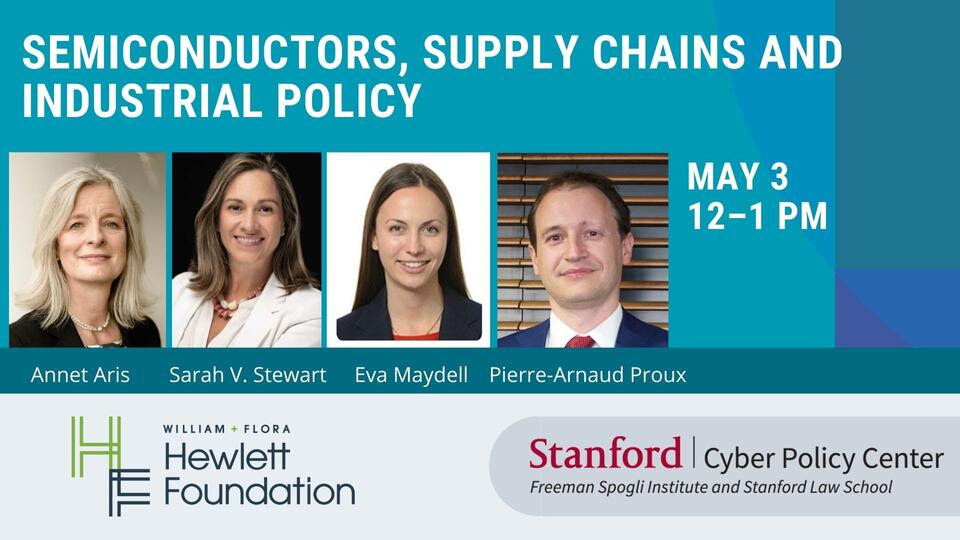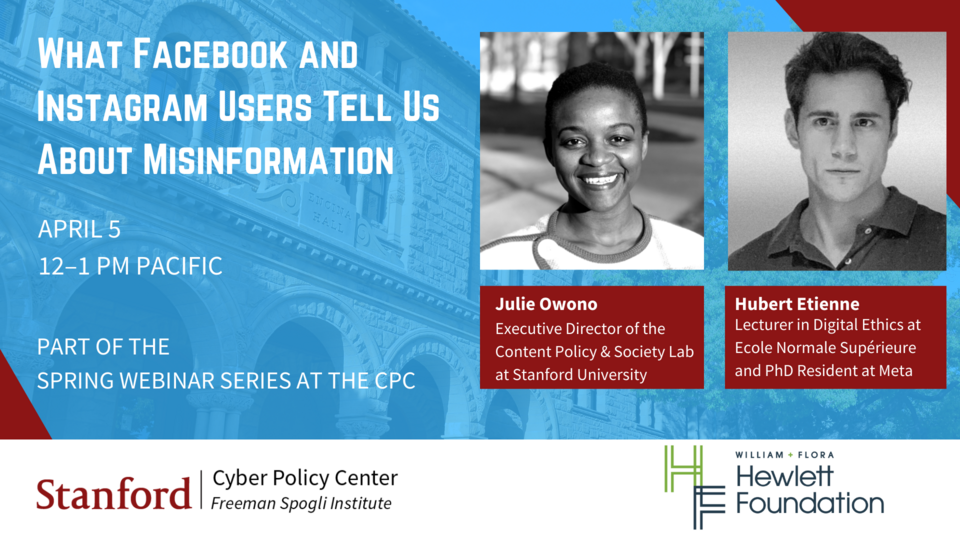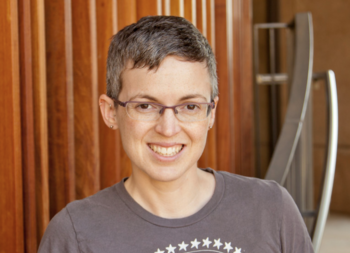Reducing Nuclear Danger
For spring quarter 2022, CISAC will be hosting hybrid events. Many events will offer limited-capacity in-person attendance for Stanford faculty, staff, fellows, visiting scholars, and students in accordance with Stanford’s health and safety guidelines, and be open to the public online via Zoom. All CISAC events are scheduled using the Pacific Time Zone.
SEMINAR RECORDING
About the Event: Many scholars and policy-makers have stated that the war in Ukraine, the spread of nuclear weapons to new states, and the lack of arms control agreements outside of the New Start treaty make the world extremely dangerous. Indeed, the Doomsday Clock of the Bulletin of the Atomic Scientists currently stands at 100 seconds to midnight, the closest to doomsday since the clock was invented in 1947. Is this estimate true and, if so, what can the leaders and people of the world do to reduce the risks? Following Dr. Perry's lecture will be a panel discussion with Governor Jerry Brown, Dr. Scott Sagan, Dr. Martin Hellman, and Ambassador Rose Gottemoeller. Dr. Perry will also be honored with the Cranston Peace Prize. This event is cosponsored by the Center for International Security and Cooperation (CISAC) and the Global Security Institute (GSI).
About the Speaker: William Perry is the Michael and Barbara Berberian Professor (emeritus) at Stanford University. He is a senior fellow at the Freeman Spogli Institute and the Hoover Institution, and serves as director of the Preventive Defense Project. He is an expert in U.S. foreign policy, national security and arms control. He was the co-director of CISAC from 1988 to 1993, during which time he was also a part-time professor at Stanford. He was a part-time lecturer in the Department of Mathematics at Santa Clara University from 1971 to 1977.
Perry was the 19th secretary of defense for the United States, serving from February 1994 to January 1997. He previously served as deputy secretary of defense (1993-1994) and as under secretary of defense for research and engineering (1977-1981). Dr. Perry currently serves on the Defense Policy Board (DPB). He is on the board of directors of Covant and several emerging high-tech companies. His previous business experience includes serving as a laboratory director for General Telephone and Electronics (1954-1964); founder and president of ESL Inc. (1964-1977); executive vice-president of Hambrecht & Quist Inc. (1981-1985); and founder and chairman of Technology Strategies & Alliances (1985-1993). He is a member of the National Academy of Engineering and a fellow of the American Academy of Arts and Sciences.
From 1946 to 1947, Perry was an enlisted man in the Army Corps of Engineers, and served in the Army of Occupation in Japan. He joined the Reserve Officer Training Corps in 1948 and was a second lieutenant in the Army Reserves from 1950 to 1955. He was awarded the Presidential Medal of Freedom in 1997 and the Knight Commander of the British Empire in 1998. Perry has received a number of other awards including the Department of Defense Distinguished Service Medal (1980 and 1981), and Outstanding Civilian Service Medals from the Army (1962 and 1997), the Air Force (1997), the Navy (1997), the Defense Intelligence Agency (1977 and 1997), NASA (1981) and the Coast Guard (1997). He received the American Electronic Association's Medal of Achievement (1980), the Eisenhower Award (1996), the Marshall Award (1997), the Forrestal Medal (1994), and the Henry Stimson Medal (1994). The National Academy of Engineering selected him for the Arthur Bueche Medal in 1996. He has received awards from the enlisted personnel of the Army, Navy, and the Air Force. He has received decorations from the governments of Albania, Bahrain, France, Germany, Hungary, Japan, Korea, Poland, Slovenia, and Ukraine. He received a BS and MS from Stanford University and a PhD from Pennsylvania State University, all in mathematics.












